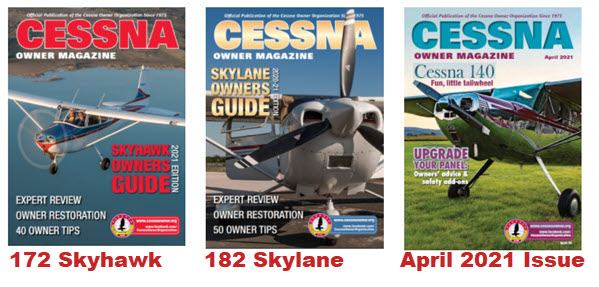
As suggested by Pilots:
- Fly more!
- Complete Instrument Training
- Get a Commercial certification
- Upgrade your airplane and/or avionics
- Stay current and proficient
- Take a cross-country flight
- Get involved with the WINGS program
- Keep your aircraft clean
- Visit an Approach Center for a better appreciation of what they do
- Encourage young people to fly
- Use your flight time to help others
- Fly with another pilot (or instructor) to make sure you’re not picking up any bad habits
- Review your aircraft paperwork early in the year
- Pay attention to the sky above you, the runway behind you, and the space between your fuel level and the top of the tank!
As suggested by Air Controllers:
- Be patient during busy traffic scenarios
- Provide all of your data on your initial VFR call
- Ask for help if you’re unsure
- Get the ATIS and let them know you have it each time
- Know the dimensions and altitudes of the Class Bravo
- Know the correct frequency to call for the airspace you’re in
- Have every transponder working and on the correct code each time
- Always read back assigned altitudes and altitude you’re leaving
- Always read back taxi holding instructions and runway assignments
- Never assume the ground controller knows where you want to go/park
As suggested by FBOs:
- Plan ahead as much as possible and communicate with the FBO
- Be sure to “check budgets” before you arrive at your destination
- Be mindful of others while you are on the ground, especially the ramp
As suggested by Engine Specialists:
- Follow the “break-in procedures” when you get a new engine
- Get frequent oil changes (preferably every 25 hours)
- Don’t run engines “lean of peak”
- Fly frequently for the sake of your engine
- Avoid “shock cooling” – pulling the throttle back can cause cylinder cracking
- Budget for engine overhauls





